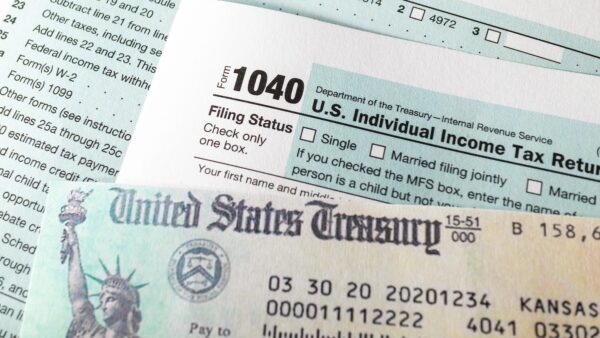In May, we wrote about what dental practice owners should know about the tax bill. Now a new round of tax proposals is making its way through the Senate that include some significant shifts that could impact both your personal finances and how you manage your dental practice. While these proposals are still under debate and will continue to evolve, it’s worth taking a look at a few areas that may affect dentists more directly than others.
Here’s a breakdown of some of the key provisions and what they could mean for you:
- State and Local Tax (SALT) Deductions Could Shrink: The proposed Senate version would lower the cap on SALT deductions to $10,000, a significant reduction from the $40,000 limit in the House bill. This change could limit deductions for dentists with higher incomes, significant property taxes, or multiple real estate holdings. If you typically itemize deductions, this is a key detail to factor into your tax planning.
- Changes to Business Tax Breaks May Help Practices That Invest: The Senate’s proposal includes some long-term benefits for business owners. If you’ve recently invested – or are planning to invest – in new equipment or technology for your practice, the proposed extension of 100% bonus depreciation could continue to be a helpful tool. The plan also preserves full deductions for research and development expenses and depreciation calculations based on more favorable interest expensing rules. Practices looking to expand or modernize may find these updates particularly beneficial.
- Medicaid Shifts Could Affect Patient Access: While Medicaid likely isn’t a huge part of the revenue stream for most dental practices, any policy changes that reduce access to care could indirectly affect volume in practices that serve low-income families. The proposed Senate revisions call for stricter work requirements for families receiving Medicaid, especially for parents with older children. Practices offering Medicaid or CHIP-covered services should monitor how this plays out at the state level.
- Bonus Standard Deductions for Seniors: If you’re approaching retirement, the Senate proposal includes a larger standard deduction for seniors, rising to $6,000. This could create a modest benefit for older dental professionals still practicing or taking retirement distributions.
- Adjustments to the Child Tax Credit: The Senate version also slightly bumps up the child tax credit and makes it permanent, which may help younger dentists with families. While the increase isn’t dramatic, it does provide some predictability compared to temporary measures in previous years.
- Be Mindful of New Payment Processing Taxes: Although not highlighted in the Senate bill, changes to how foreign investors and certain processing systems are taxed may eventually affect credit card fees and payment processors, services many practices rely on. Now is a good time to talk to your payment vendor to understand how these shifts may trickle down.
Planning Now Can Save Later
While these tax proposals are still subject to change, they offer a glimpse into where federal fiscal policy is headed. As a dental practice owner or administrator, staying ahead of these developments can help you avoid surprises, especially when it comes to deductions and business investment decisions.
Have questions about how these changes might impact your tax strategy this year or next? Our team specializes in supporting dental professionals. Let’s talk about how we can keep your practice financially strong and future-ready.




